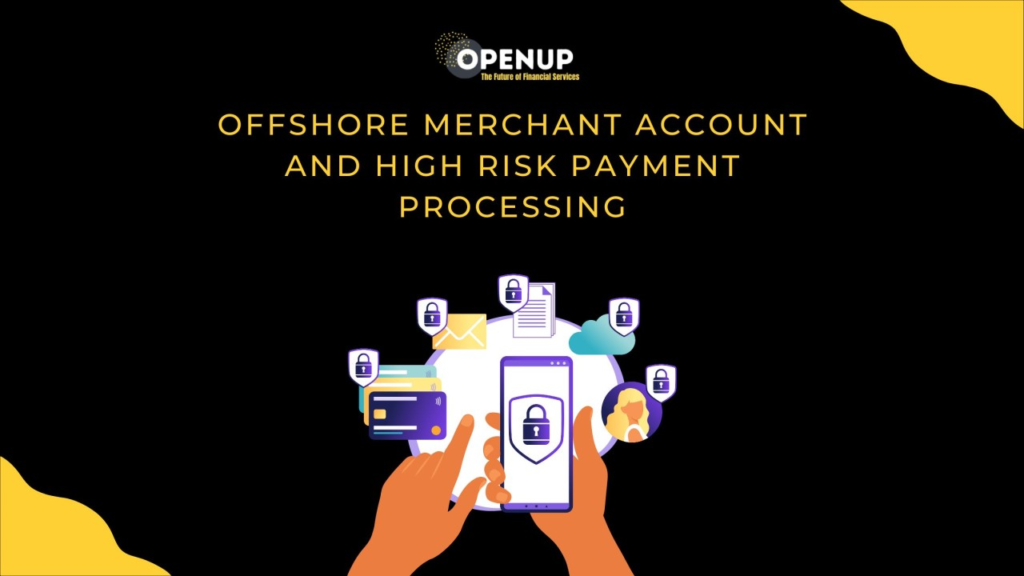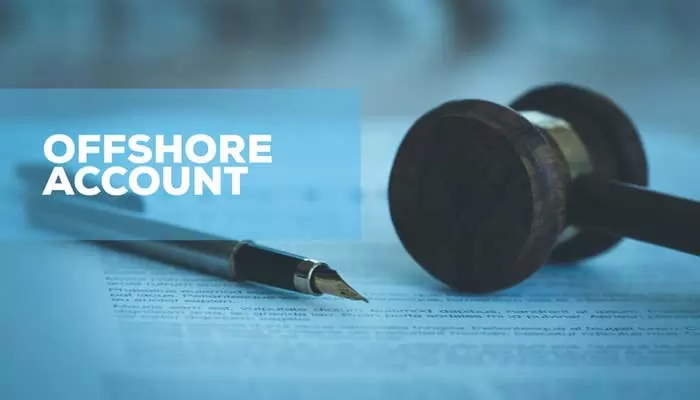AUTHOR : HANIYA SMITH
DATE : 14/09/2023
In the fast-evolving landscape of e-commerce[1] and online businesses, finding the right payment processing solution can make or break your venture. For businesses categorized as high-risk, securing a merchant account[2] can be especially challenging. In this article, we delve deep into the world of high-risk merchant accounts offshore, providing insights, guidance, and also essential information to help you navigate this intricate domain.
Introduction
In the ever-expanding realm of online commerce, businesses are constantly seeking efficient and reliable payment processing solutions. For those considered high-risk,[3] the pursuit of a merchant account can be fraught with challenges. This article aims to demystify the concept of high-risk merchant accounts offshore, offering guidance on understanding, obtaining, and also effectively managing them.
Understanding High-Risk Merchant Accounts
What Qualifies as High Risk?
High-risk businesses[4] are those that, due to various factors, are considered more likely to encounter financial instability or legal issues that could result in chargebacks or fraud. Such businesses often include [5]those in industries like online gambling, adult entertainment, and also pharmaceuticals.
Why Do Businesses Fall into the High-Risk Category?
Several factors contribute to a business being labeled high risk. These may include a high rate of chargebacks, operating in an industry with a history of legal issues, or dealing with international customers and currencies.
The Benefits of Going Offshore
Enhanced Privacy and also Security
Offshore high-risk merchant accounts offer increased privacy and also security, as they operate under different regulatory frameworks. This can shield sensitive financial data[1] from prying eyes.

Broader Market Reach
By going offshore, businesses can tap into a broader customer base, including international markets that might have been out of reach with a domestic merchant account.
Regulatory Advantages
Some offshore jurisdictions[2] have more favorable regulations for high-risk businesses, making it easier to operate without the constant fear of sudden account closures or freezes.
Choosing the Right Offshore Jurisdiction
When selecting an offshore jurisdiction for your high-risk merchant account, it’s crucial to consider factors such as the jurisdiction’s reputation, financial stability, and also regulatory environment. Popular offshore destinations include the Cayman Islands, Belize, and Panama.
How to Apply for an Offshore High-Risk Merchant Account
The application process for an offshore high-risk merchant account involves gathering specific documentation, completing forms, and also undergoing due diligence checks. Be prepared with documents like business licenses, financial statements, and a well-crafted business plan.
Navigating High-Risk Industries
High-risk industries come with their own set of challenges and opportunities. Businesses involved in adult entertainment, online gambling, nutraceuticals, or CBD and also hemp products must be especially vigilant in managing risk and compliance.

Managing Risk and also Fraud
Mitigating risk and preventing fraud are paramount when dealing with high-risk merchant accounts. [3]Implement robust risk management strategies andalso invest in fraud prevention tools to protect your business and customers.
Comparing Offshore Payment Processors
When choosing an offshore payment processor, consider factors like transaction fees, currency conversion rates, integration options, and also the quality of customer support. Thoroughly assess your choices to discover the ideal match for your enterprise.
Success Stories
Explore real-world success stories of businesses that have thrived by utilizing offshore high-risk merchant accounts. These case studies offer valuable https://en.wikipedia.org/wiki/Offshore_bankinsights into the potential benefits of going offshore.
Challenges and Drawbacks
While offshore high-risk merchant accounts[4] offer numerous advantages, they also come with challenges, including fluctuating currency exchange rates and also complex legal and compliance requirements. Companies should anticipate and actively tackle these challenges.
Conclusion
In the realm of high-risk e-commerce, offshore merchant accounts are a lifeline for businesses seeking stability and growth. By understanding the nuances of high-risk industries, choosing the right offshore jurisdiction, and also implementing effective risk management strategies, businesses can thrive in this competitive landscape.

FAQs
- What is a high-risk merchant account?
- A high-risk merchant account is a specialized payment processing solution designed for businesses operating in industries prone to financial instability or legal issues, such as online gambling or adult entertainment.
- How do I determine if my business is high risk?
- Factors like a high rate of chargebacks, industry type, and also international operations can classify your business as high risk.
- Can I switch from a domestic to an offshore high-risk merchant account?
- Yes, it’s possible to switch, but the process involves specific documentation and also considerations. Consult with a payment processing expert for guidance.
- Are offshore merchant accounts legal?
- Offshore merchant accounts are legal as long as you operate within the regulations of both your offshore jurisdiction and your home country.





